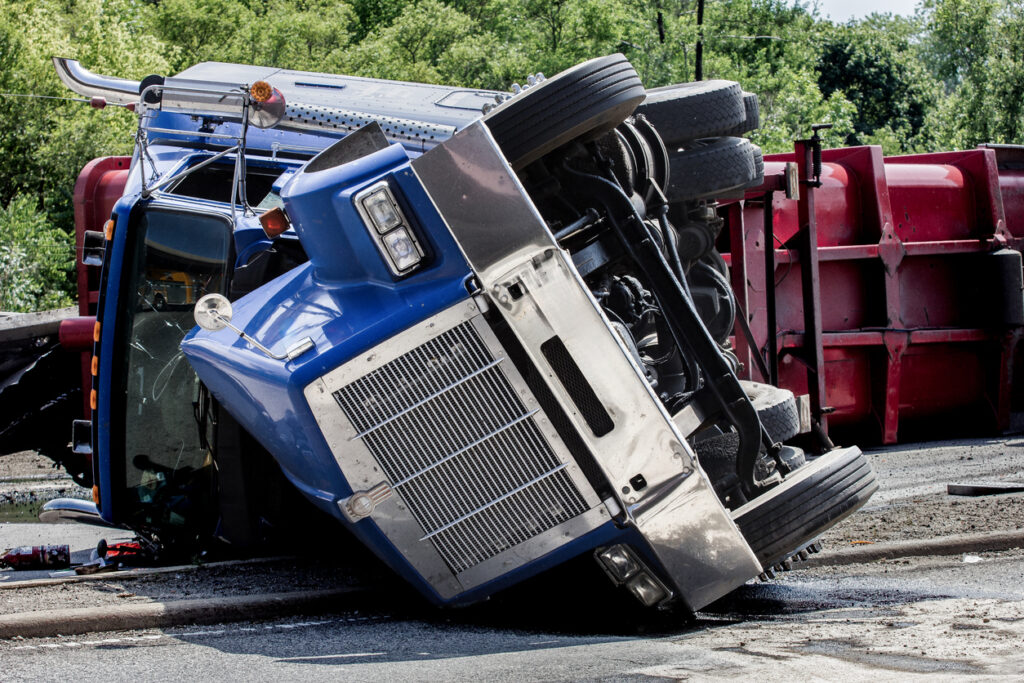It Happens Everyday
I was recently contacted by a mother. Her son was called to the principal’s office. He was questioned by the principal and another teacher about a fight that happened at school. Her son admitted that he was involved in the fight. The matter was referred to the police and he was charged with assault and battery. The mom was concerned for several reasons, including:
- She was never told this meeting was happening;
- She was never invited to the meeting;
- She didn’t know her son was going to be questioned; and
- Her son was never read his Miranda rights, including the right to remain silent and his right to an attorney.
The police were not present or involved in the investigation. It was the school doing their own investigation before getting the police involved. This is unfortunate because in those circumstances, the usual constitutional rights don’t apply.
Schools Officials Don’t Have to Follow the Same Rules as the Police
When a juvenile is being questioned by police he has the same rights as any adult. They have the right to remain silent, the right to a criminal defense attorney from Woburn, MA – the so-called Miranda rights. As a juvenile, he also has further protections. Before waiving any rights, a parent or other interested adult should be present. The parent must have the opportunity to consult with the juvenile about whether they want to waive those rights and answer questions.
However, where it’s the school officials acting on their own, those same rights don’t apply. The school officials don’t have to follow the same rules as the police when questioning a child. The juvenile doesn’t have the same rights when speaking with school officials. Even without being told of Miranda rights or consulting with a parent the statement/admission made by the juvenile is admissible in court. Now had the police been involved in the investigation, it would be very different.
It would be different if the school resource police officer was investigating the fight and was telling the principal what to do. If the police officer said “hey, call these kids in and question them. This is what you should be asking them,” it would be much different. Or if the police officer was there and participating in the investigation that would also be different.
In those circumstances, the juvenile is entitled to the full constitutional rights. The police would need to read the Miranda rights to the juvenile and his parent. The juvenile would also have the opportunity to consult with his mother or father or other interested adults before waiving those rights and making a statement. Without this, the statement would not be admissible in court.
Sometimes the Police are Actually Pulling the Principal’s Strings
We had a case a few years ago where it seemed like the school principal was running the investigation. But a little more digging revealed that the police were behind the scenes. They were pulling the strings of the school principal, like a puppet. The police were getting him to do the investigation for them. When this came out, the judge agreed that the juvenile was entitled to the full constitutional protections, under Miranda. In that case, the judge ended up suppressing or throwing the juvenile’s statement out of evidence.
If you have any questions about your children’s rights when dealing with the police, the courts or the schools, please feel free to give me a call or shoot me an email. I’ll be happy to speak with you about it.






